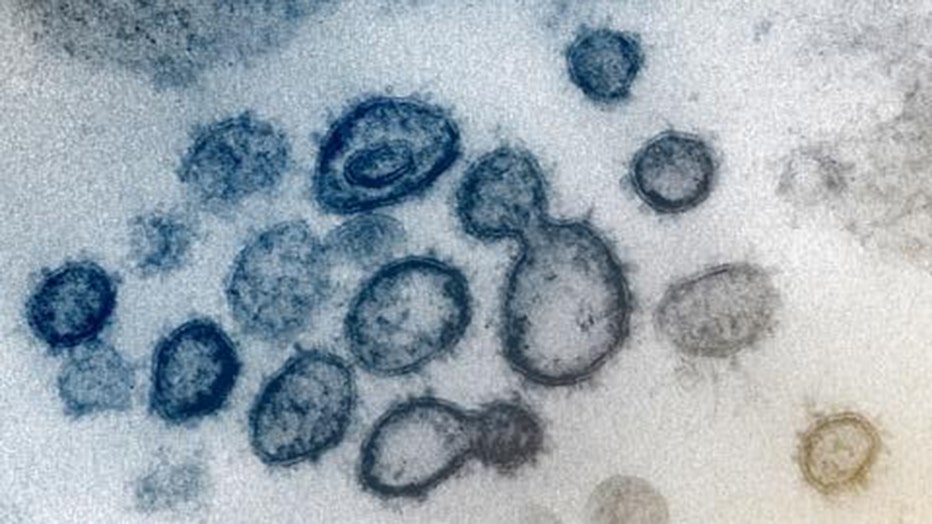Study: Infectious coronavirus particles can survive on clothing for up to 3 days
LONDON - Researchers at a public university in Leicester, England found that the novel coronavirus can survive on clothing for up to three days.
Researchers at De Montfort University (DMU) studied three fabrics commonly used in health care settings, including polyester, polycotton and 100% cotton.
They found that traces of the coronavirus could survive on the fabrics for up to 72 hours.
"Our findings show that three of the most commonly used textiles in healthcare pose a risk for transmission of the virus. If nurses and healthcare workers take their uniforms home, they could be leaving traces of the virus on other surfaces," said Dr Katie Laird, Head of the Infectious Disease Research Group at DMU.
Scientists also analyzed how long the viral material remained stable on each material and found that polyester posed the highest risk of transmission.
According to university researchers, traces of COVID-19 were found on polyester for up to 72 hours, while the virus only survived for 24 hours on 100% cotton and only six hours on polycotton.
Researchers also conducted several tests using different water temperatures and washing methods and found that domestic washing machines did not fully remove traces of the virus.

Generic image of a microscopic image of COVID-19 (FOX.)
Study authors also noted that the virus was stable in water temperatures up to 60°C or 140*°*F.
"While we can see from the research that washing these materials at a high temperature, even in a domestic washing machine, does remove the virus, it does not eliminate the risk of the contaminated clothing leaving traces of coronavirus on other surfaces in the home or car before they are washed," Laird explained.
RELATED: COVID-19 reinfection: Researchers confirm Nevada man got virus twice, second time 'more severe'
The U.S. Centers for Disease Control and Prevention says COVID-19 most commonly spreads through respiratory droplets, but the agency says the virus can land on surfaces and objects where a person can be infected by touching their mouth, nose, or eyes after touching the infected surface.
But the CDC says this is not thought to be the primary way the virus spreads.
The The National Health Service (NHS) of the U.K. says, "Normal washing of clothes will reduce the risk of germs being transmitted. In certain situations clothes should be washed at higher than normal temperatures and with a bleach-based product to minimise the transmission risk as much as possible."


